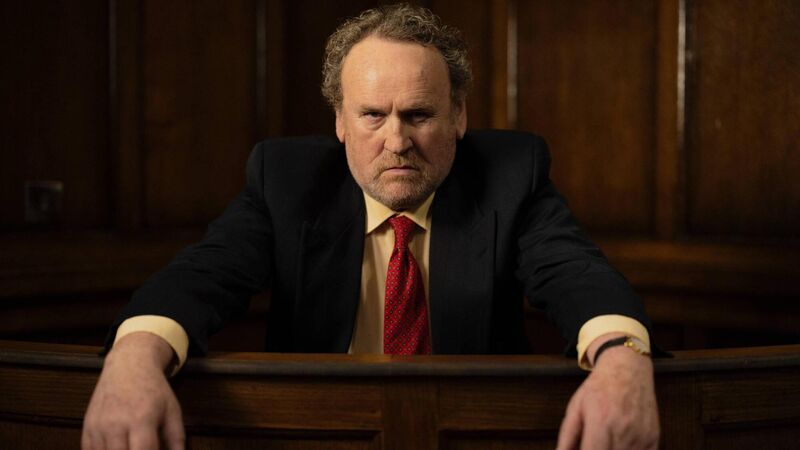The Trial Of Ian Bailey: Jim Sheridan on his new courtroom drama

Colm Meaney as Ian Bailey in Re-Creation: The Trial Of Ian Bailey.
Jim Sheridan returns to the case of a West Cork murder that has baffled the world with The fictional dramatisation follows what might have happened in a jury room should a trial have gone ahead in the shocking West Cork murder of French filmmaker Sophie Toscan Du Plantier.
Sheridan and his co-director David Merriman have assembled a cast including Aidan Gillen, John Connors and Vicky Krieps for this new take on a highly controversial case. The film invites audiences into a jury room where 12 fictional jurors are gathered to examine the real case files in the murder of Toscan Du Plantier in West Cork in 1996. Initially, just one juror believes that Bailey is not guilty in a film that examines evidence, bias, mistruths and human nature.






